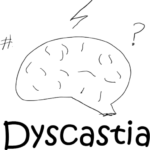Episode 17: What high-performing countries are doing in maths. With Liana McCurry

In this episode, we have Liana McCurry back to talk about her Churchill Fellowship findings on what the top PISA performing countries are doing with maths instruction and how we can use that information to improve outcomes for kids living with learning difficulties.
Episode 16: The Importance Of Daily Review with David Morkunas

In this episode, we chat about daily review with David Morkunas, current head of teacher efficacy at Brandon Park Primary School, previously a teacher at Bentleigh West Primary School.
Episode 14: Maths and learning difficulties with Liana McCurry

In this episode, we chat with math teaching expert Liana McCurry. We delve into best practices for all students when teaching maths. We hope Liana’s insights will help create inclusive learning environments where every child can succeed.
Episode 13: ADHD and learning difficulties with Benita Ranzon
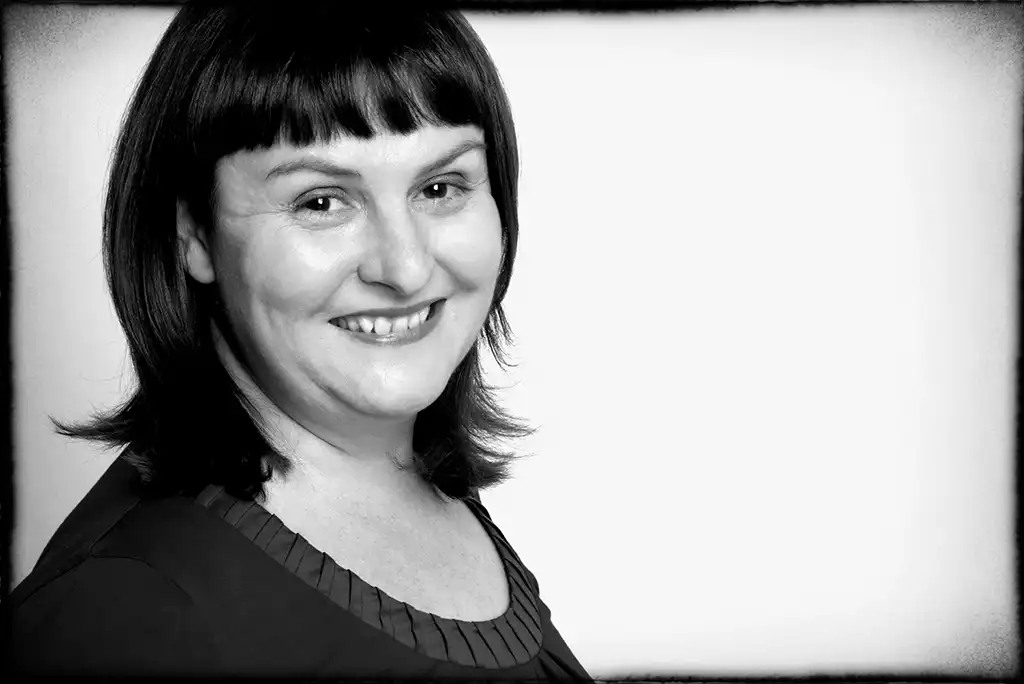
In this episode, we talk with Psychologist Benita Ranzon about one of the most misunderstood and stigmatized conditions that affect kids and adults – ADHD
Episode 12: The Teaching Morphology Rabbit Hole and Word Cracking
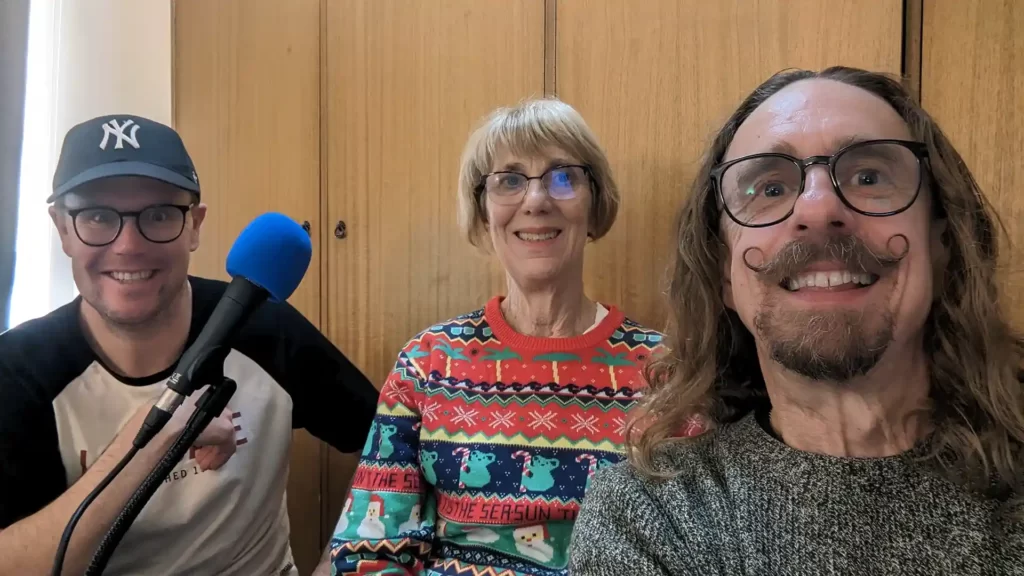
In this episode, we chat about teaching morphology with Sally Andrew who co-developed the original Word Cracker and of course Michael, who came on board to build the Online Word Cracker.
Episode 11: The Importance of Handwriting, with Debbie Draper
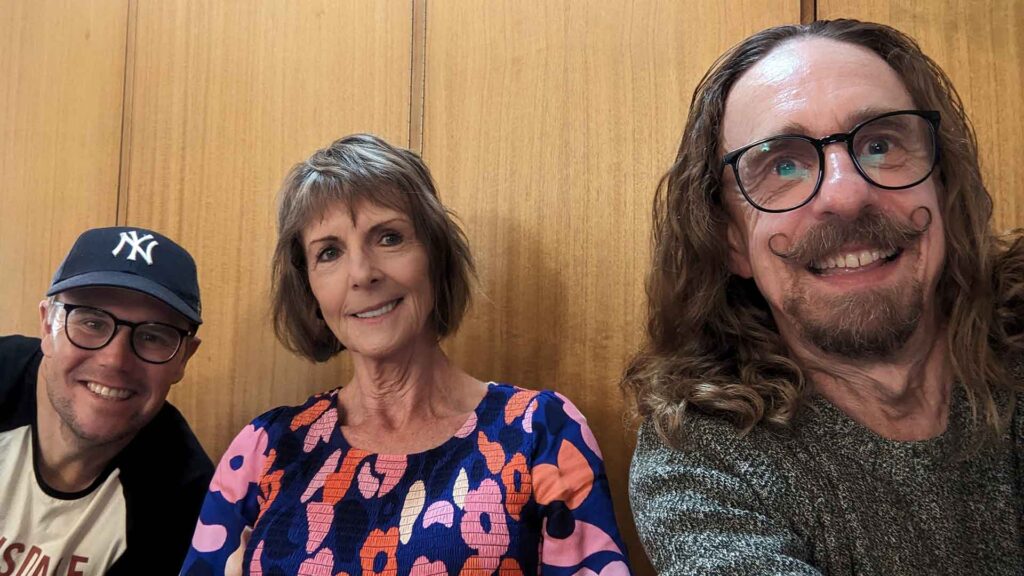
In this episode, we chat with educational consultant Debbie Draper about handwriting, why it’s back and what we need to do to set kids up for successful writing.
Episode 10: Mental health and specific learning difficulties with Kirrilie Smout
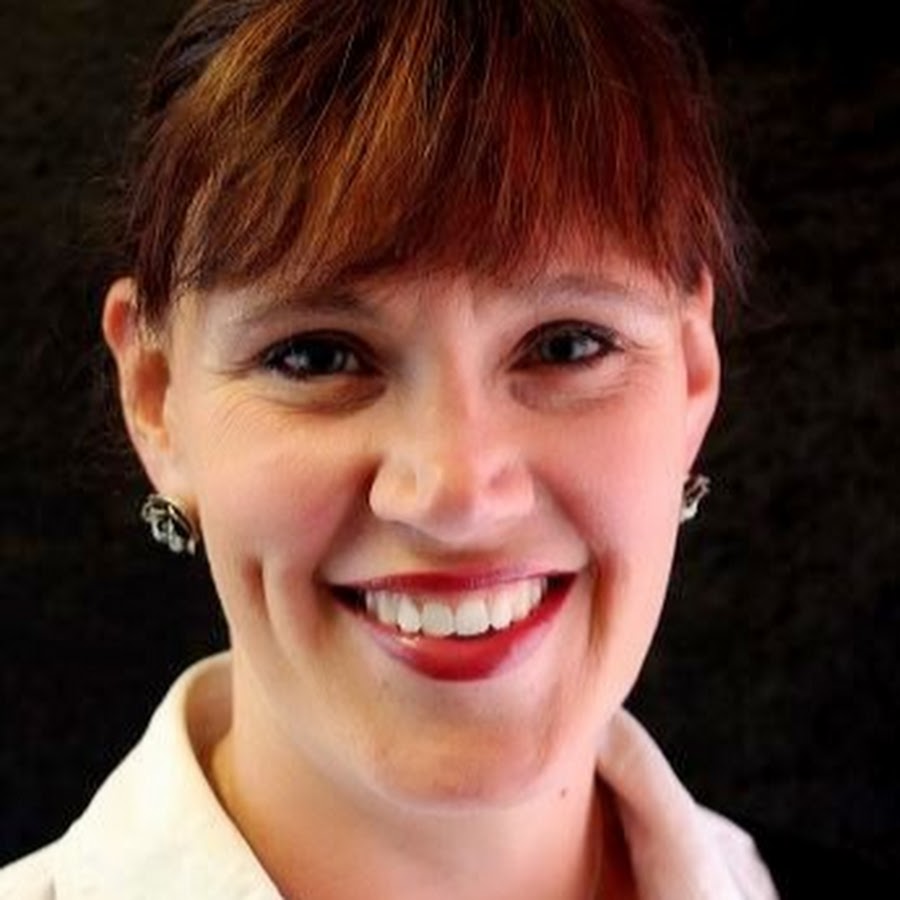
In this episode, we chat with clinical psychologist Kirrilie Smout about the emotional challenges of living with specific learning difficulties. Kirrilie gives expert advice for parents and teachers on how to set kids up for success and support them when things get tough.
Episode 9: NDIS funding for specific learning difficulties
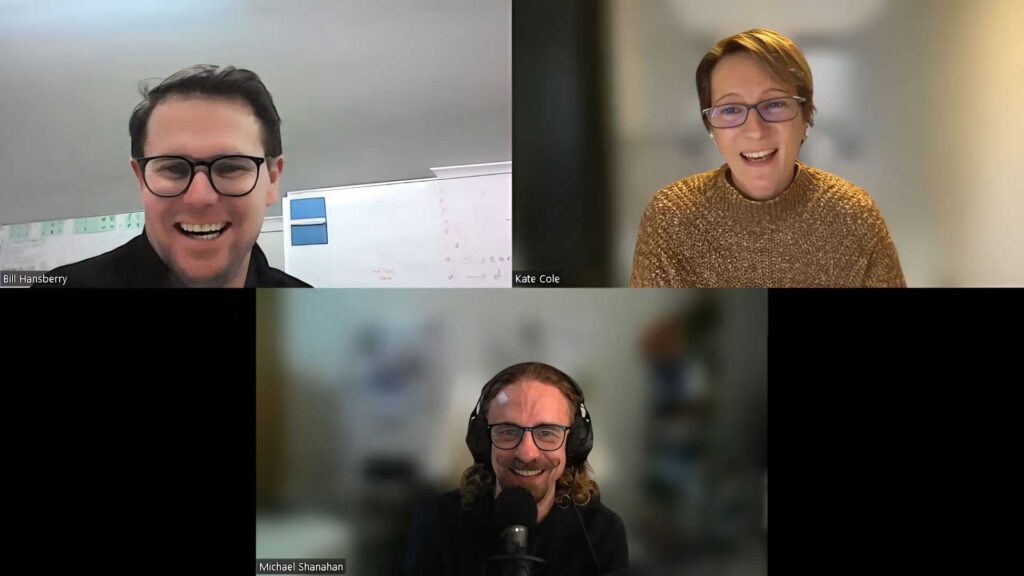
In this episode, we chat with Kate Cole, a determined parent who managed to secure NDIS funding for her child living with dyslexia. Kate tells us exactly how she did it!
Episode 8: How well do universities prepare teachers for literacy instruction?

In this episode, we chat with two wonderful pre-service teachers, Lara and Robert, about how well their university education prepares them to teach literacy.
Episode 7: Learning to teach kids living with dyslexia. How to get started and what training you need.
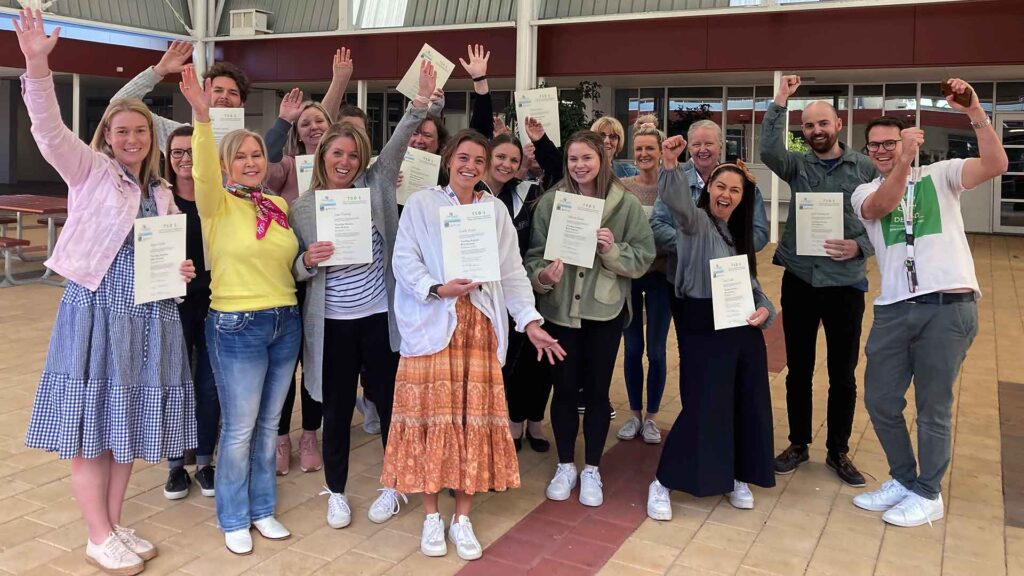
In this episode we talk to Bill, Sally, Karen, and Louise who run specialist dyslexia teacher training. We find out what’s involved and help you decide whether you should take up the challenge.
Episode 6: How to choose a school for kids living with learning difficulties
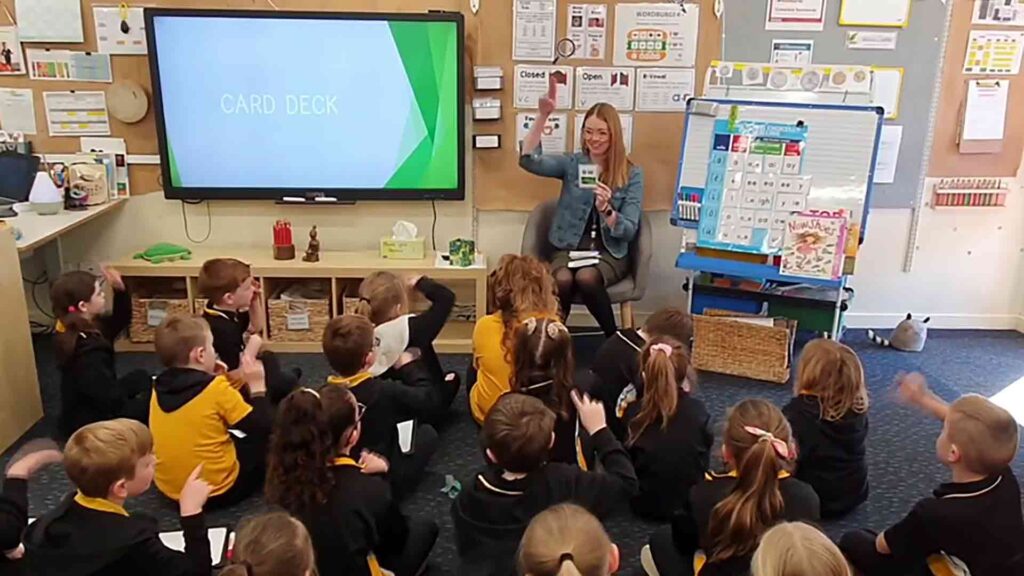
Imagine if you could be certain about choosing a school that teaches reading and spelling in the most effective way for all students.
Episode 5: What’s changing with the teaching of reading in Australia (and why?)
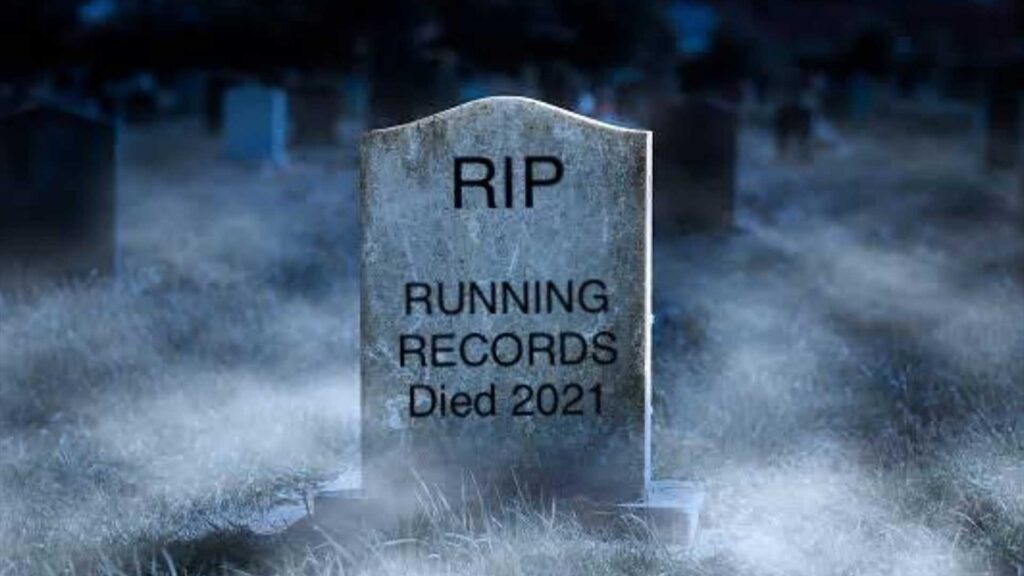
This episode answers the common questions schools and parents have when changing from a whole-language or balanced literacy way of teaching to one supported by scientific evidence.
Episode 4: Dyslexia advocacy, with Dr Sandra Marshall
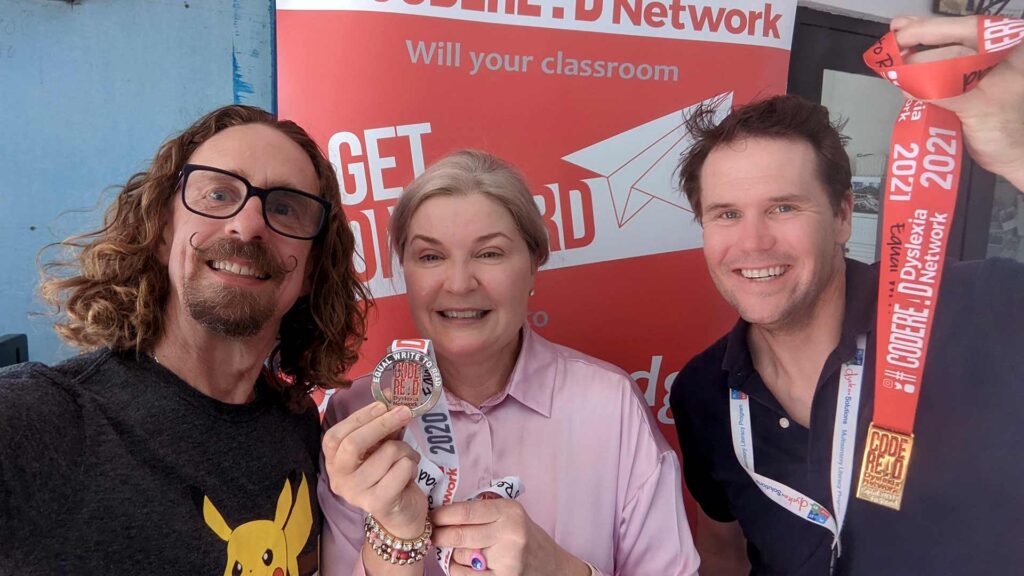
In this episode, we talk to Dr Sandra Marshall, BMBS FRACGP Dip Child Health, a General Practitioner in South Australia and Chairperson of Code Read Dyslexia Network. Sandra shares her insights for parents and teachers on advocating for kids living with learning difficulties.
Episode 3: What is dyscalculia?
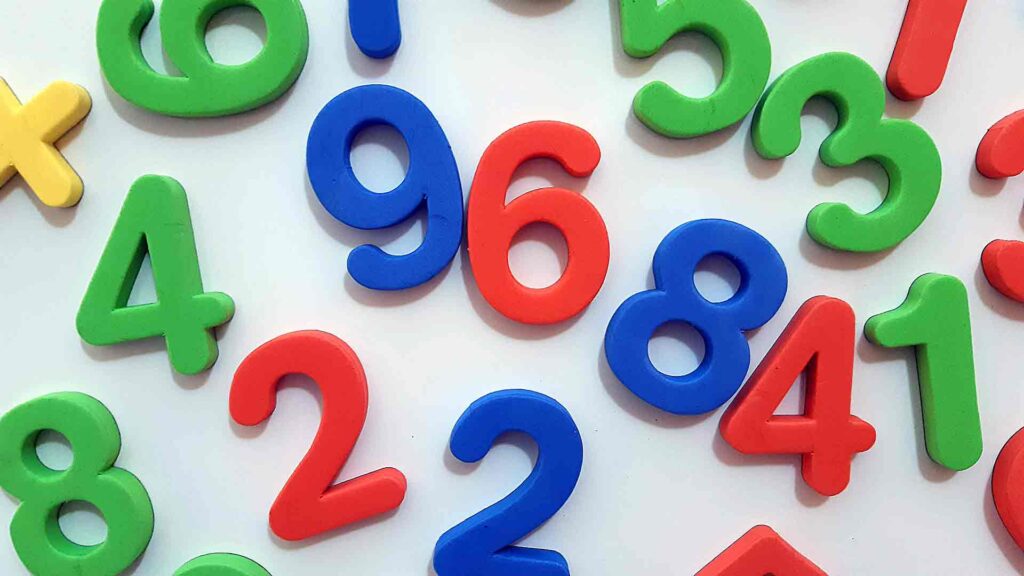
Dyscalculia literally means disorder in calculation. It’s real and it impacts about 5-7% of the population. It is also one of the Specific Learning Difficulties (SLDs) so we need to talk about it.
Episode 2: What are dyslexia and dysgraphia?
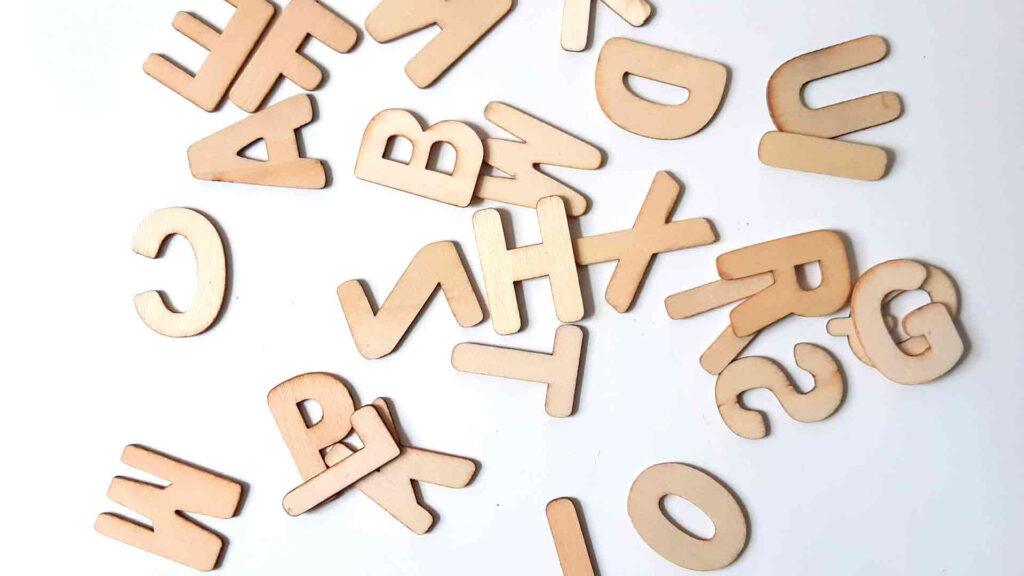
In this episode, Michael and Bill do their very best to arm parents and educators with information about dyslexia and dysgraphia so they can better spot a good intervention and avoid precious time and money on unproven and disproved treatments.
Episode 1: SLDs and how to talk about them

In this episode Michael and Bill delve into what Specific Learning Difficulties are and the advantages vs the disadvantages of using terms like learning difference, disability or disorder to describe them.
